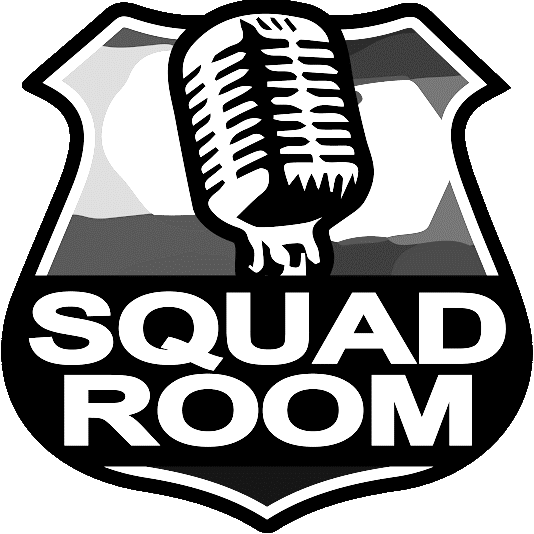This episode is awesome, if I do say so myself. And because I write this blog and ask the questions, I can say that.
The problem is, it’s not a fun episode, but it’s an important episode. We don’t talk about “gainz” or any of the fun stuff like me pissing myself (see episode 1).
We talk about the hard stuff, and the mental side of police work – the side of police work all of us wish didn’t exist. The side that we all know exists out there, lurking in the darkness of the closet like the bogeyman.
If you’ve been a cop for any length of time, you’ve seen things and experienced things that are hard to articulate to family and friends. You’ve seen all the creative ways people manage to hurt and kill themselves, harm each other, show extreme depravity towards defenseless children, or harm us or our partners.
Just a few days before typing this post, I was on scene of a fatal collision yanking a dead guy with a broken neck – and god knows what dripping on my boots – out of the backseat of a car while my wife was blowing up my phone about the kids not going to bed on time.
I was not sympathetic, but it’s not her fault. She had no idea. It’s a weird parallel universe we live in — one we can’t expect our loved ones to occupy. But if we’re not careful, the isolation will rear it’s ugly head.
About two weeks ago, an idiot pulled a shotgun on my partner in what can only be an attempt at suicide-by-cop. The shooting for this deputy, a fellow sergeant, was his second. The first was a mass murder rampage that he helped stop almost exactly a year to the day prior to this.
I sit in my briefings and I see a group of people of ridiculous courage. Seemingly ordinary people tasked with extraordinary obligations.
In my nightly briefings, I have guys who’ve saved lives, at times shoving their bare hands into the open thigh wound of a femoral gun shot wound. Others have gone beyond their skill and training to try and save someone but have been unsuccessful, only because the bullet got to the victim first. Others have been shot at. All have tracked down violent predators and abusers, kicking in the door with the abyss on the other side.
In the halls I pass partners who discovered a gruesome scene a few months ago where a father killed his two young boys, his parents, and the family dog and then calmly waited on the porch for the police to arrive.
Two weeks ago I went on-scene of an infant not breathing. The child had some medical challenges already, and the father woke up to the oxygen alarm sounding. In a move that can only be described as panic, he spent 5-10 minutes trying to call baby’s mother to find out what to do. No call to 911, no request for assistance. By the time we got there, not much could be done. You know it’s bad when you see the medics panicking. Nobody wants to be on scene of an infant’s death.
To keep company with these heroes is the highest honor of my life.
But it takes it’s toll, and if we’re not careful it could ruin us.
Meet Dr. Joel Fay
Dr. Fay (www.joelfay.com) spent a full career with the LAPD, then lateraled up to the Bay Area and completed his career with the San Rafael Police Department. He’s worked patrol, FTO, Detectives, SWAT, and Hostage Negotiations Team among other assignments. Towards the end, he finished his Psy. D. in Psychology and he retired and went to work treating cops and first responders who’ve suffered anguish and harm through no fault of their own.
the San Rafael Police Department. He’s worked patrol, FTO, Detectives, SWAT, and Hostage Negotiations Team among other assignments. Towards the end, he finished his Psy. D. in Psychology and he retired and went to work treating cops and first responders who’ve suffered anguish and harm through no fault of their own.
I first met Dr. Fay a few years ago and he’s a wealth of knowledge about the trials and tribulations of law enforcement work. Even better, he works with spouses and immediate-family members of law enforcement and he knows their challenges too.
He’s a founding member of the First Responder Support Network (www.frsn.org), and a lead clinician with the West Coast Post Trauma Retreat ((www.wcpr2001.org).
He knows cops, and knows how to help. Keep an open mind with today’s episode. My hope, is that if you’re struggling or know someone who is, this information can help you out.
The important thing to understand, is that with help, it gets better and that a diagnosis or even a lesser-level of anxiety or stress is not a career-ending injury it once might have been. You can recover – you will recover – if you take care of yourself.
Be safe, and take care of each other.
Garrett
Subscribe: RSS

